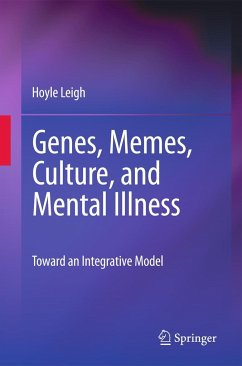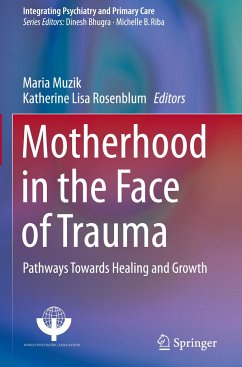
Japanese Psychotherapies
Silence and Body-Mind Interconnectedness in Morita, Naikan and Dohsa-hou
Versandkostenfrei!
Versandfertig in 6-10 Tagen
106,99 €
inkl. MwSt.
Weitere Ausgaben:

PAYBACK Punkte
53 °P sammeln!
The book presents three Japanese psychotherapeutic approaches, Morita, Naikan, and Dohsa-hou, in the chronological order of their development, giving a thorough account of both their underlying concepts and practical applications. In addition to describing their idiosyncrasies, a major focus of the book is also to elucidate as to how the deeply imprinted cultural specificities of these approaches, emanating from their common cultural ground, converge to two focal points-silence and body-mind interconnectedness-that vest the approaches with their therapeutic power. In so doing, the book gives a...
The book presents three Japanese psychotherapeutic approaches, Morita, Naikan, and Dohsa-hou, in the chronological order of their development, giving a thorough account of both their underlying concepts and practical applications. In addition to describing their idiosyncrasies, a major focus of the book is also to elucidate as to how the deeply imprinted cultural specificities of these approaches, emanating from their common cultural ground, converge to two focal points-silence and body-mind interconnectedness-that vest the approaches with their therapeutic power. In so doing, the book gives an insight into the intrinsic dynamics of the methods and emphasizes on their potential for universal applicability notwithstanding their indisputable cultural peculiarities. This self-contained and well-structured book fills the gap in the yet scarce English-language literature on Japanese psychotherapies.












